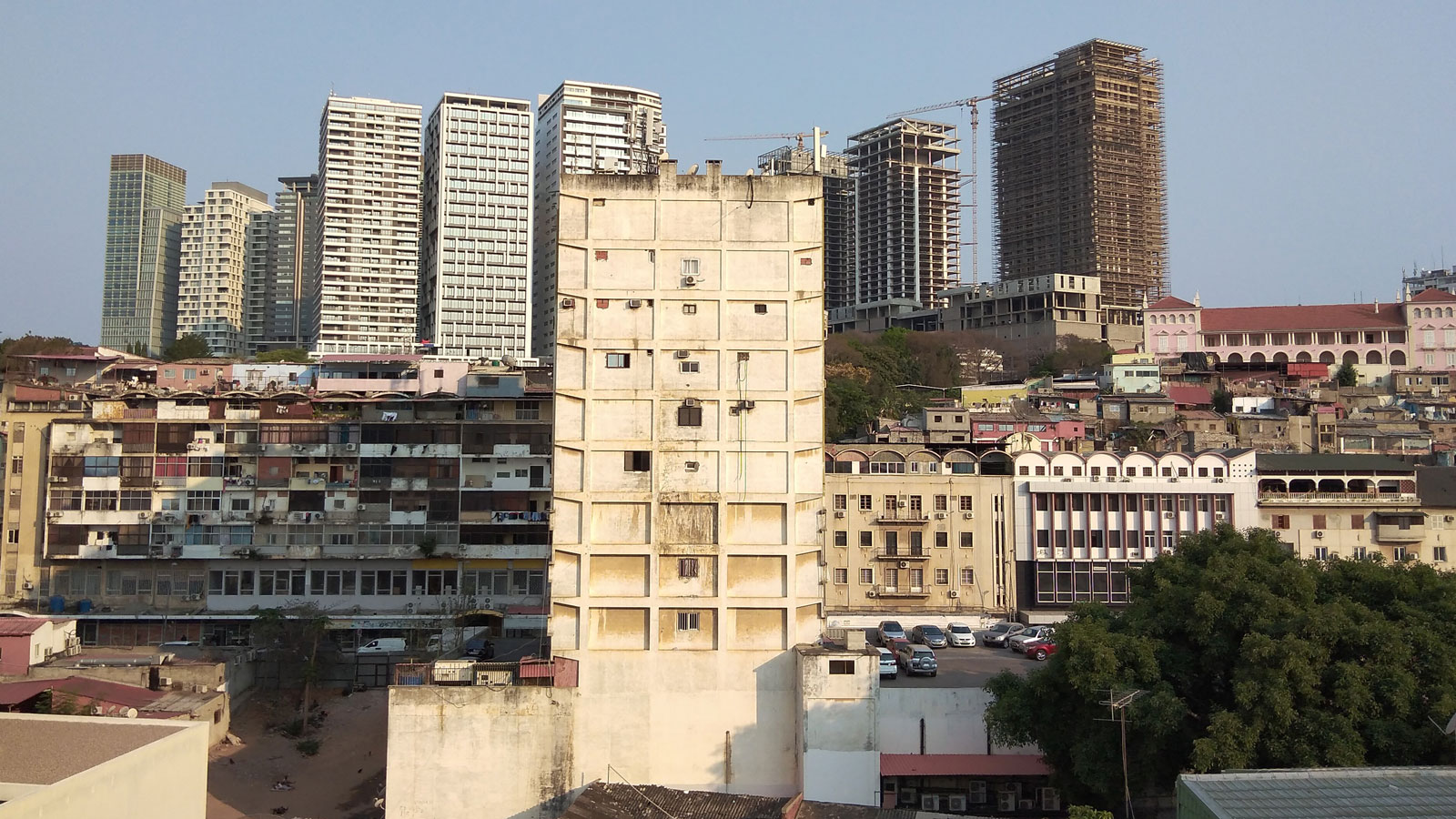Discussing independence 50 years after

The role of women, moving images and the media, literature and the archives, cinema and memories of the 50 years of independence of the PALOPs – Portuguese-speaking African Countries reflect some of the themes approached in these seminars. Run by higher education institutions and research centres in Portugal and Mozambique but also by cultural associations including Buala, Portugal and Friends of the Museum of Cinema of Mozambique, the eight seminars were selected from the 26 candidacies submitted in the tender held by the Partnerships Program with Africa.
Diana Manhiça, from the Friends of the Museum of Cinema of Mozambique association, is promoting the 3rd Audiovisual Heritage Conference – Moving Images in the PALOP Independence Processes, one of the seminars supported by this tender. Diana highlights the important role of the moving image to the independence movements, in particular in Guinea Bissau, Mozambique and Angola. According to Diana, the Foundation’s support was fundamental not only to communicating and promoting the event that is taking place in October 2025 but also to extending the participation of speakers and guests to other PALOP members as well as to European countries. “We hope to reach further and take the themes around audiovisual heritage to other PALOPs given its determinant role in their independence processes”, she explained.
Adopting an interdisciplinary logic, the “50 years of Angolan Independence: How to Build a Country” seminar seeks to revisit the past, ranging from the beginnings of the colonial occupation through to the last five decades of its history. “Within the framework of approaching the complexity in the different periods in the history of Angola, we have drawn on diverse analyses across different dimensions at the intersection between the past and the present as well as possible projections for the future of Angolans” explained Marta Lança, from the Buala association, one of the three organisers of the event that takes place in May (Africa month) 2025. “It is increasingly urgent that we counter this trend to tell this history (of colonialism and the wars) constantly and exclusively from the perspective of the Portuguese side. Considering the production of knowledge about Angola and about colonialism in Portuguese universities, there is an imperative to listen and find out what Angolans think, how they live and narrate the independence processes and the trajectories of their national histories across various different facets and build new world views”, declared Marta Lança, who shares coordination duties with Elisabete Ceita Vera Cruz, from the Agostinho Neto University of Angola, and Leopoldina Fekayamãle, from Nova University of Lisbon, both Angolans.
